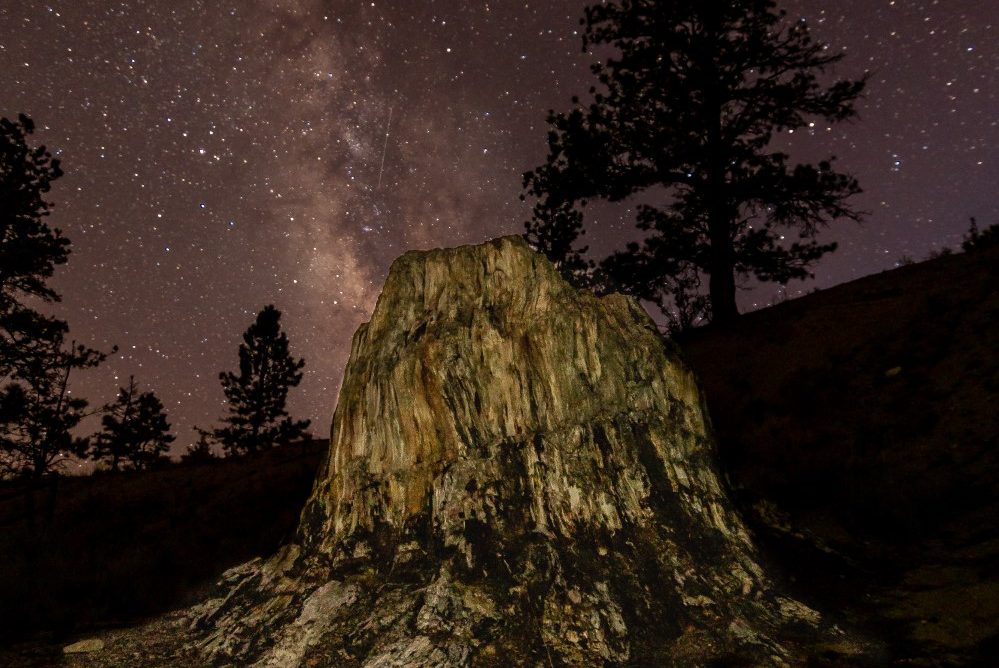
Southern Colorado is the home to yet another site recognized for efforts to preserve the night sky.
The Florissant Fossil Beds National Monument now joins Mesa Verde and the Great Sand Dunes as a certified International Dark Sky Park.
Jeff Wolin with the National Park Service says the designation highlights the scenery at the park, both high and low.
"The main fossils that people can see are some of the biggest petrified tree stumps on the earth, and so we like to talk about 'stumps and stars' because there's both," Wolin said.
Volunteers played a large part in the three-year effort to earn the certification. Wolin said that included members of the Colorado Springs Astronomical Society. The group helped host programs on-site about the stars and spent time measuring the darkness of the night sky, as well as making changes to reduce light pollution.
Wolin said the changes will benefit visitors to the Fossil Beds as well as the animals that live in and migrate through the area.
"By protecting the night sky, not only are we providing opportunities for humans to come take a look at it and be inspired by it, but it also helps protect ecosystems," he said.
The International Dark-Sky Association says as much as 80 percent of the world's population lives in areas where the night sky is made brighter by light pollution.
The Florissant Fossil Beds National Monument is located about an hour west of Colorado Springs. It's considered one of the richest and most diverse fossil deposits in the world.
The Dinosaur National Monument in northwestern Colorado also became a Dark Sky Park in 2019.








